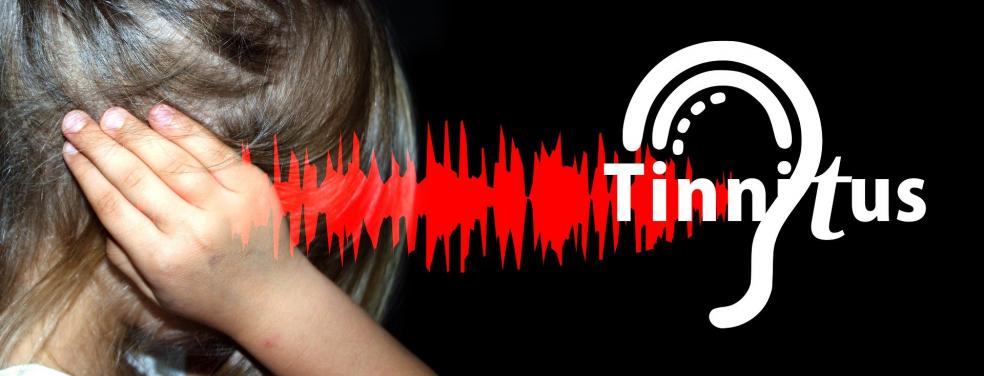
People with tinnitus in Plymouth urged to protect their mental health as coronavirus takes its toll
With 28,000 people in Plymouth thought to experience tinnitus, a leading charity has urged anyone experiencing heightened or new symptoms as a result of the stress and anxiety of the coronavirus situation to seek online or virtual support to protect their mental health.
The call comes from the British Tinnitus Association charity (BTA) which, earlier this year, revealed the huge mental health impact that tinnitus can have on some individuals - with one in seven people with the condition having had suicidal thoughts at some point.
Studies have found that stress often makes tinnitus worse and, for many people, loneliness can also be a factor. With mental health charities reporting an increase in anxiety, the UK lockdown causing a natural increase in social isolation and common support services such as GPs less available in locally and across the country, the BTA says that now is a challenging time for people with tinnitus, as it is for many others too.
They are urging individuals who are struggling with tinnitus and people who are experiencing symptoms for the first time to seek support and for health services to signpost appropriately so that people know how to access free support.
While there is no cure for tinnitus - and 110,000 people recently signed a petition calling for more funding to be made available for research to find one - there are several strategies that can be helpful in learning to manage the condition.
David Stockdale, Chief Executive of the British Tinnitus Association, said: “There is naturally a huge amount of news and online discussion about coronavirus right now and we know that this is presenting our society with a significant mental health challenge. For people with tinnitus, the increased stress of this can worsen their condition which, in turn, increases anxiety further - creating a vicious cycle.
“With coronavirus also forcing a huge reduction in the level of support available through our community health infrastructure, it’s so important that we work together across the voluntary, independent and professional sector to signpost people to appropriate support.”
To improve support for people with tinnitus at this challenging time, the BTA is introducing new online resources to support those missing out on appointments, available via www.tinnitus.org.uk. It will also continue to offer its free helpline service on 0800 018 0527, web chat on its website and further support through email at helpline@tinnitus.org.uk.
For more information on managing tinnitus at this difficult time, see the British Tinnitus Association’s article: Covid-19 guidance for people with tinnitus












